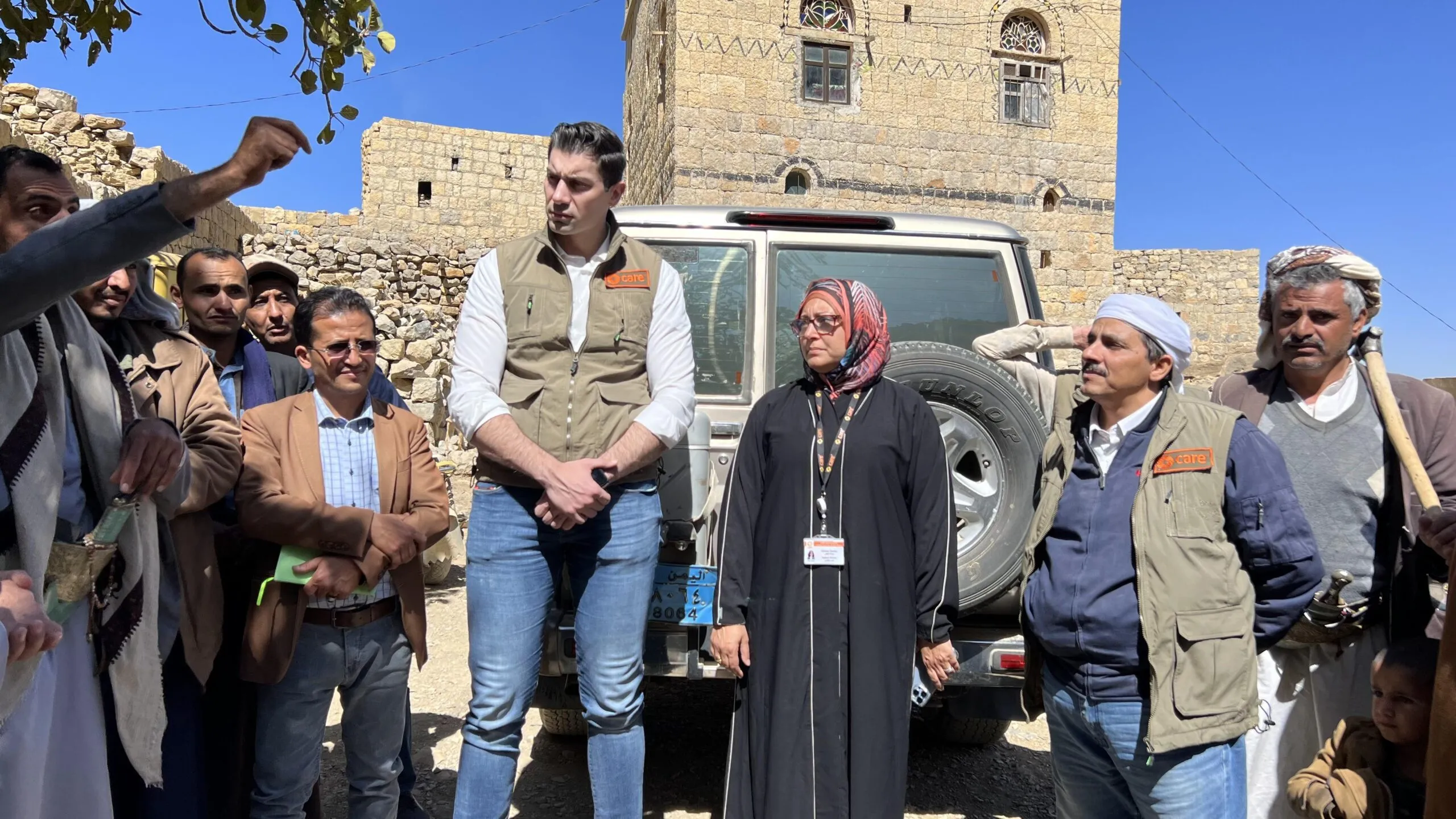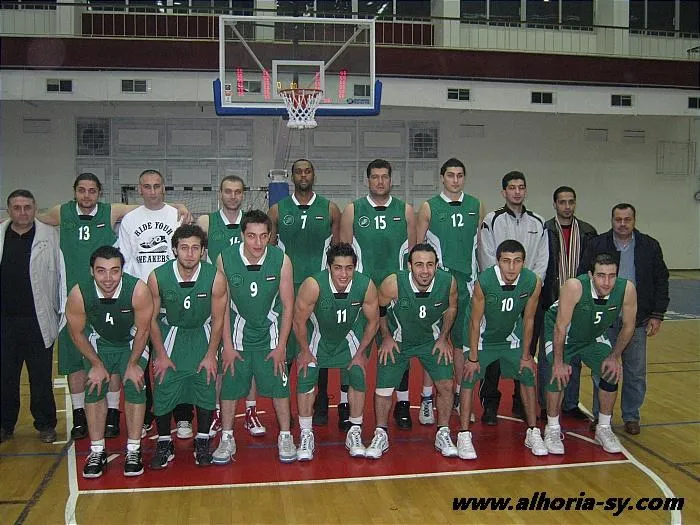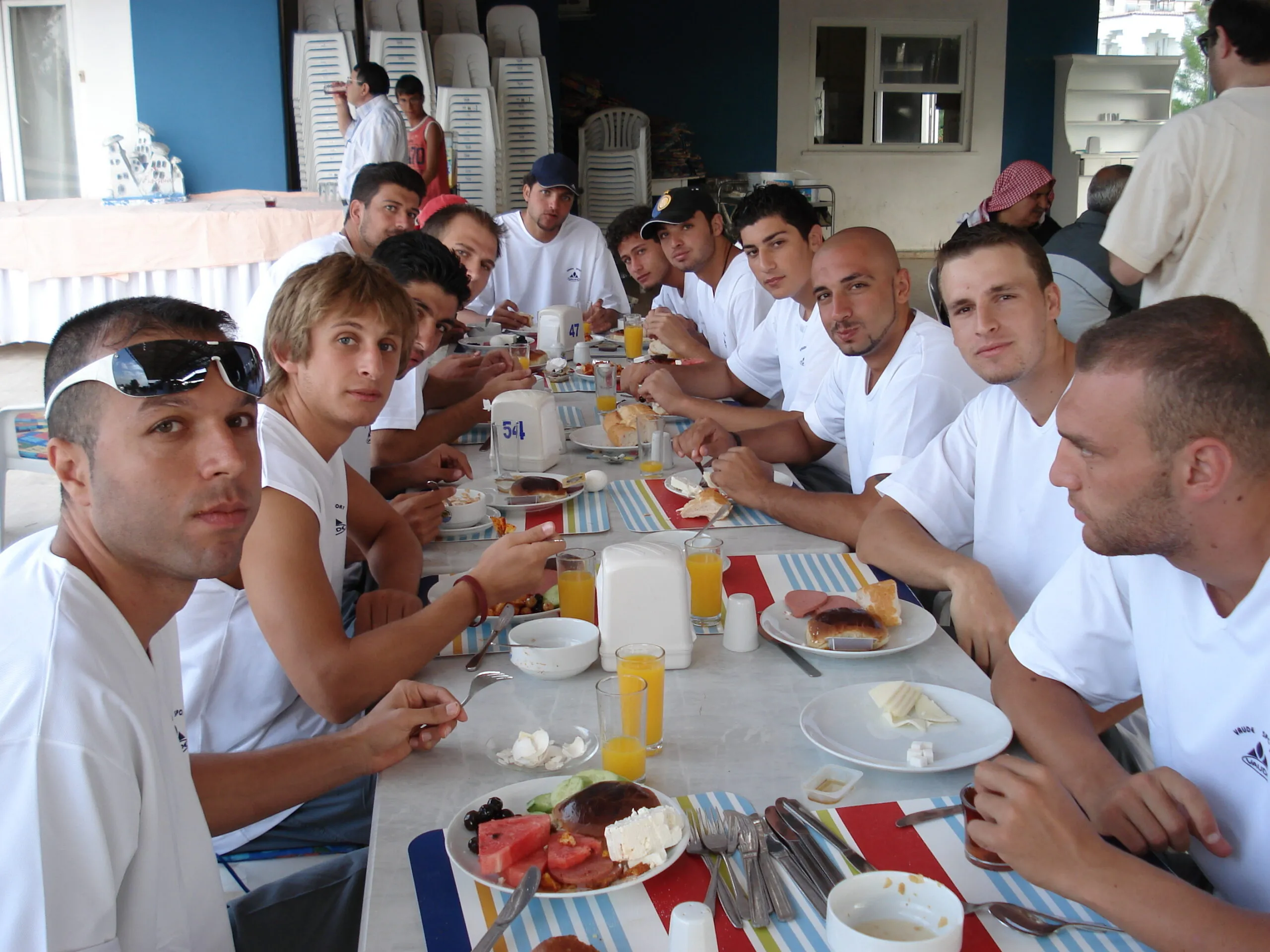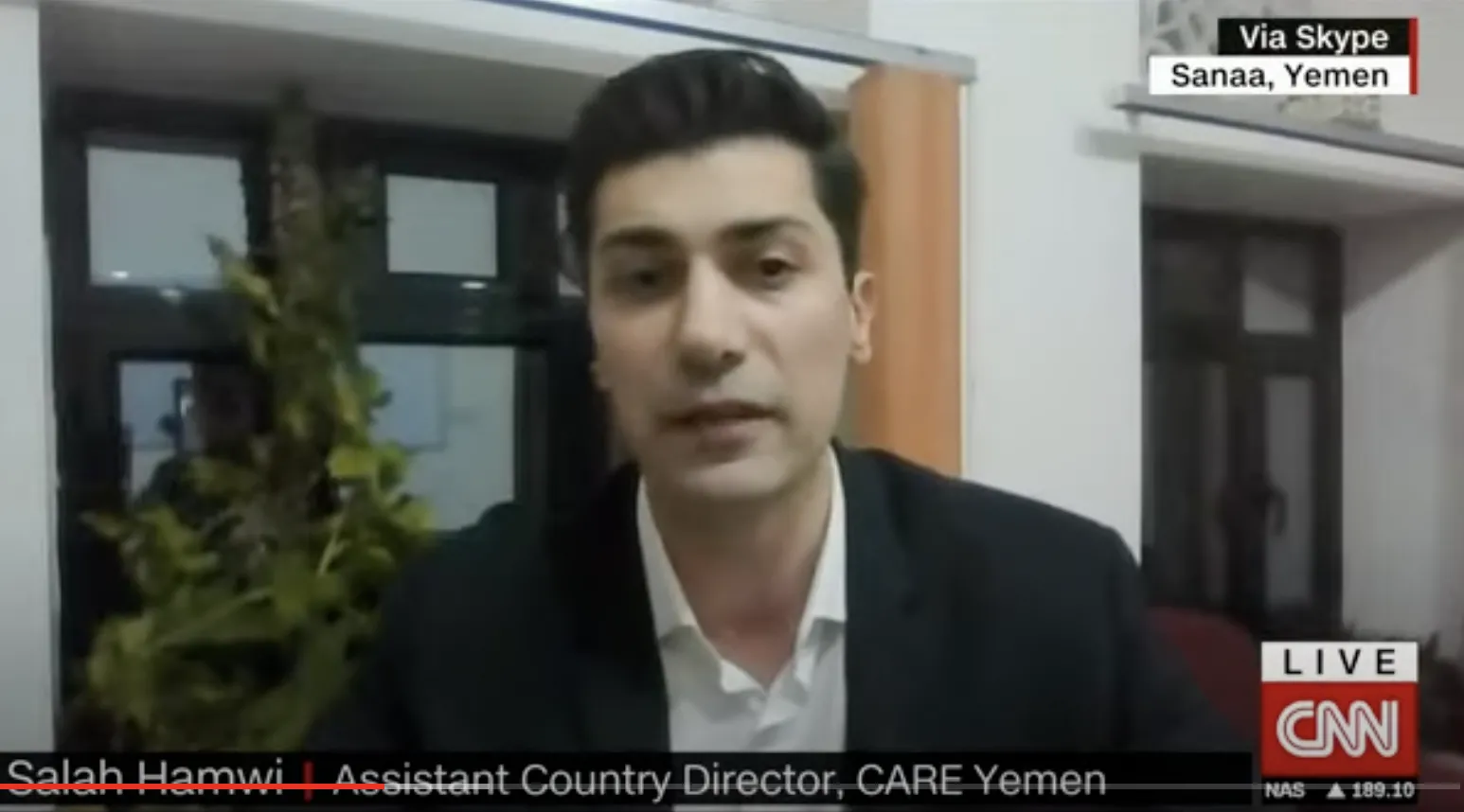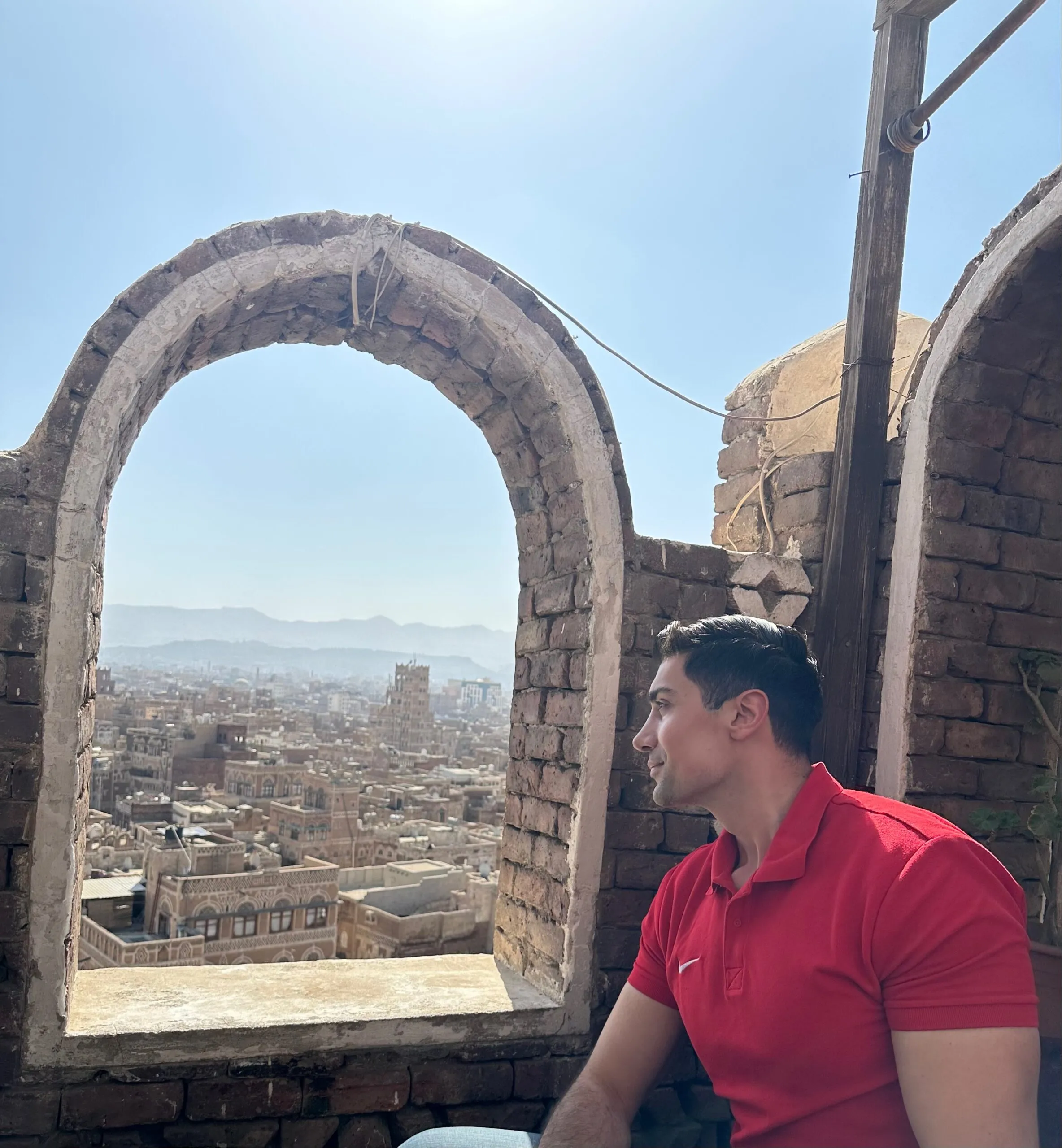The world’s largest humanitarian crisis
The conscious experience of my forced displacement and misfortune drives me every day to serve people in need. As Acting Country Director, I lead the program component, including humanitarian operations across Yemen. For the past couple of years, we have been able to reach around 3 million people each year across several sectors: food and nutrition, child education, water and sanitation, and health services.
Through in-kind food assistance, and cash transfers, we have been trying to ensure that the affected households are able to address their basic and immediate needs. In 2022, we reached over 1.55 million individuals (more than 50% being women), with food- and nutrition-related programs.
Women and children suffer most in any conflict. Sadly, Yemen is no exception. Two million out-of-school children are now at greater risk of joining armed groups and falling prey to child marriage. We are trying to improve the situation by training teachers, renovating schools, distributing books and hygiene material, providing furniture, and other supplies.
Today, 17.8 million Yemenis do not have proper access to water, sanitation, and hygiene.
16.3 million people (51% of the population) have no access to safe water. Our water and sanitation programs focus on ensuring adequate access by rehabilitation/construction of strategic water infrastructure and latrines, trucking in water, and promoting hygiene and sanitation activities. In the last year, CARE reached 836,578 individuals with various WASH activities.
It is indeed shocking that one mother and six newborns die every two hours here in Yemen. Improved reproductive health is a crying need. CARE is working towards strengthening health systems and approaches including emergency preparedness. We rehabilitate health facilities, provide them with medical supplies and equipment, train medical personnel, and offer cash vouchers to vulnerable pregnant women so they can access healthcare. Last year, CARE reached 115,718 individuals with reproductive health services.
Despite all our efforts, CARE has been able to reach only around 3 million Yemenis in the last couple of years. We are constantly faced with resource limitations. This gap is prevalent all over Yemen. Only 55% of the required funding is available for the Yemen Humanitarian Response Plan 2022 that aims to reach around 18 million people in need.
We would like to urge the donor community to invest sustainably in the world’s largest protracted crisis. What we need is short-term life-saving response as well as long-term strategic investment focusing on localization, local knowledge generation and capacity building.
Yemen needs your attention. Yemen needs your empathy. Yemen needs your support.
Over 23 million people in need, need you.

